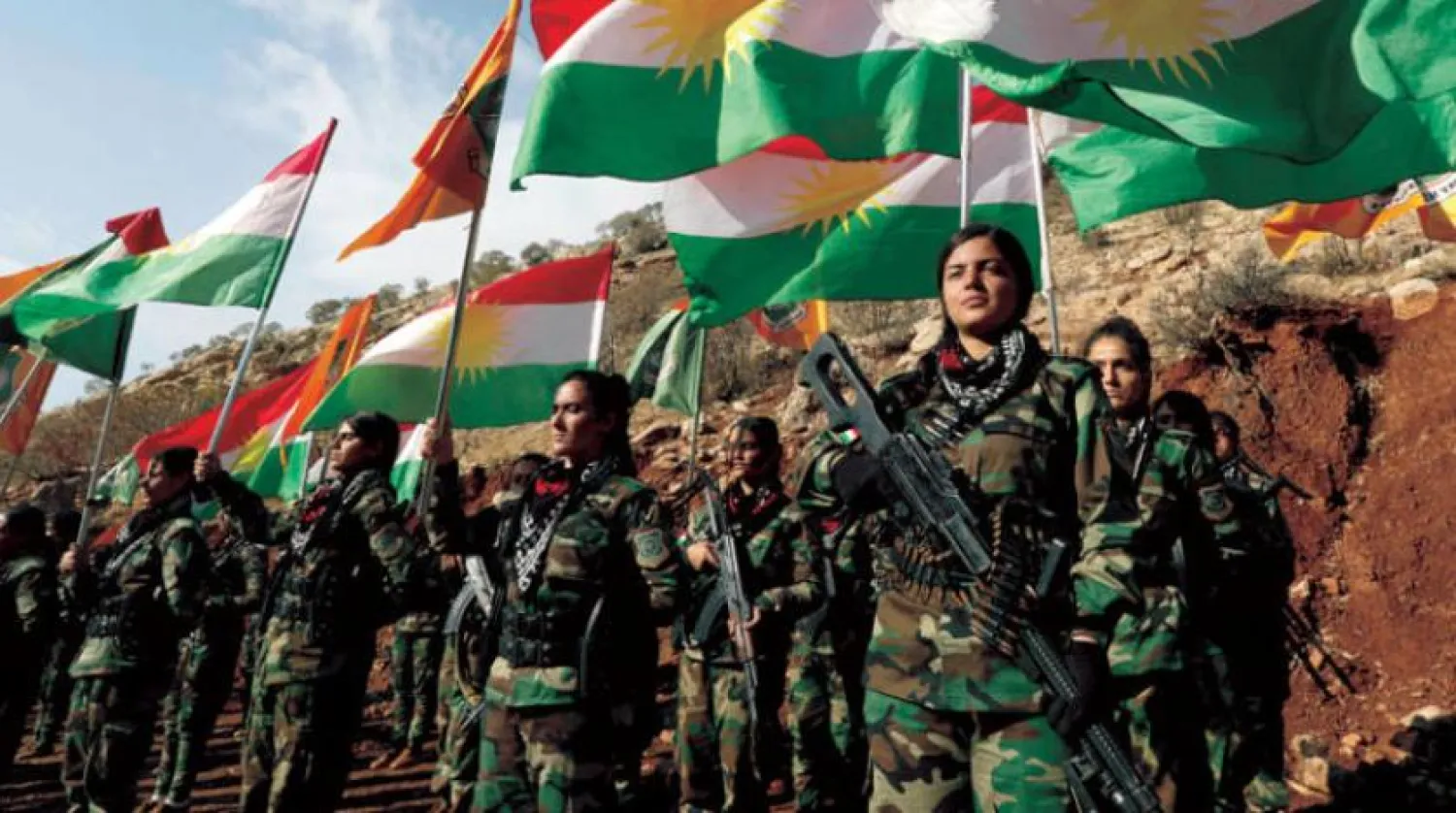Days after his visit to Iran, Iraqi Prime Minister Mohammad Shia al-Sudani ordered the military to tighten security along the zero point along the borders with Iran and Türkiye.
An official Iraqi source told Asharq Al-Awsat that border security was “among the most important issues that Al-Sudani discussed with Iranian officials.”
Major General Yahya Rasool, spokesman for the Commander-in-Chief of the Armed Forces, announced that the latter ordered the border guards to hold the zero line with Türkiye and Iran to put an end to violations, attacks and clashes between the armed forces of the two countries and Kurdish parties opposed to Ankara and Tehran.
During a press conference in Baghdad on Sunday, Rasool added that the prime minister ordered the armed forces to provide the border command with weapons, equipment and human capabilities to ensure that the borders are well maintained.
“Iraq refuses for its land be used to attack any neighboring country,” he stressed. “We have good relations… and we seek to develop them in a way that serves the interests of Iraq and all its neighbors.”
On whether Iraq can maintain security at the border to prevent Tehran from attacking Iraqi territory under the pretext of targeting dissidents, retired Major General Imad Alou, Director of the Accreditation Center for Security and Strategic Studies, told Asharq Al-Awsat: “The zero line is the geographically established border line agreed upon between Iraq and Iran… What is required is the deployment of the border guards.”
“However, this region has been suffering since 2003 from lack of border outposts, which are necessary to monitor violations and infiltrations by smugglers or any groups that could threaten security and stability between neighboring countries,” he remarked.
“The presence of these forces is necessary to remove any justifications or pretexts by neighboring countries, such as Türkiye and Iran, to infiltrate the Iraqi borders,” he added, condemning the attacks as violations of international law and Iraqi sovereignty.









